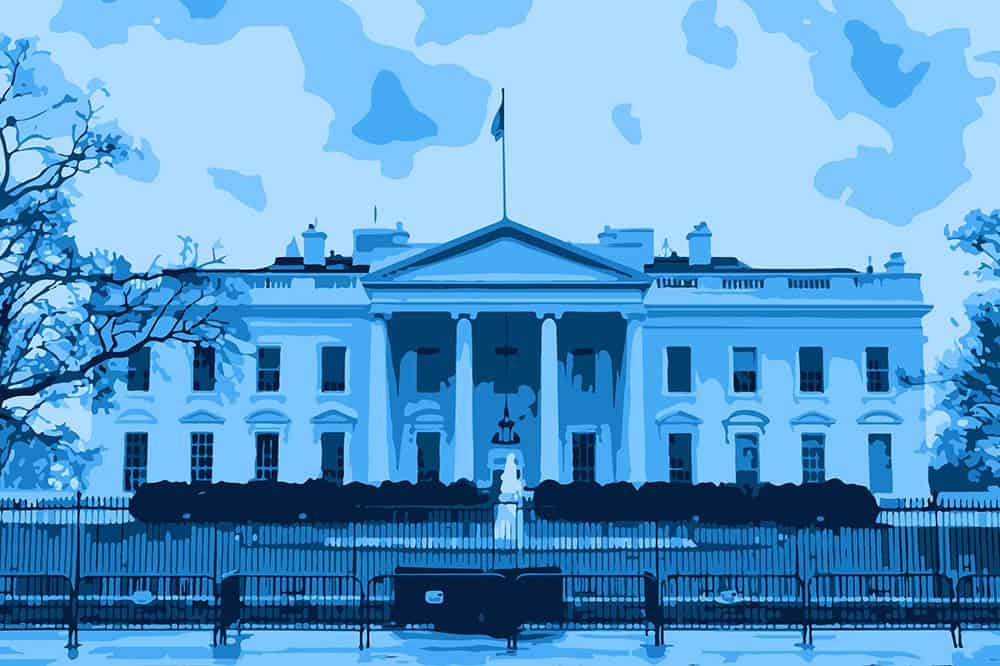Infographic: President Biden and Congress Face a Range of Complex and Urgent Policy Issues
Putting our economy on a path to recovery continue to be the most pressing priorities for our nation. At the same time, our fiscal outlook has worsened considerably.
Read MoreWhich Coronavirus Relief Programs Provide the Most Bang for the Buck?
While there is no single ideal way to deal with such a complex policy challenge as the pandemic, we can glean insights about how responses have been working.
Read MoreSeveral Coronavirus Relief Programs Are Set to Expire Soon
Here’s an overview of some of the programs that face impending deadlines or are set to expire soon.
Read MoreHow Will the Coronavirus Pandemic Impact Social Security’s Finances?
Four analyses project a more rapid depletion of Social Security trust funds as a result of coronavirus, outpacing previous depletion projections.
Read MoreWhat Is the Provider Relief Fund?
The CARES Act Provider Relief Fund aids hospitals and healthcare providers on the front lines of the coronavirus response. Learn how HHS has allocated funding.
Read MoreHow Much Has Coronavirus Relief Helped Healthcare Providers?
Healthcare workers, providers, and hospitals have been on the front lines of the COVID-19 pandemic, but how has the U.S. government supported the sector?
Read MoreHow Did the Fiscal Response to Coronavirus Help Small Businesses?
Coronavirus aid programs were implemented to provide much needed support for small businesses, but how effective have they been?
Read More3 Ways to Improve the Federal Budget Process
The current budget process is ill-suited for managing the nation’s long-term fiscal affairs. Learn about possible reforms to reimagine the budget process.
Read MoreThe Coronavirus Pandemic Continues to Cause Record Claims for Unemployment Insurance
Since March 15, more than 65 million claims for regular unemployment insurance have been filed due to COVID-19.
Read MoreUntil COVID-19 Is Under Control, Economic Damage Will Linger, Experts Say
A pair of top policy experts offer insights into the economy, the effectiveness of relief legislation, and what it all means for the election and beyond.
Read More








